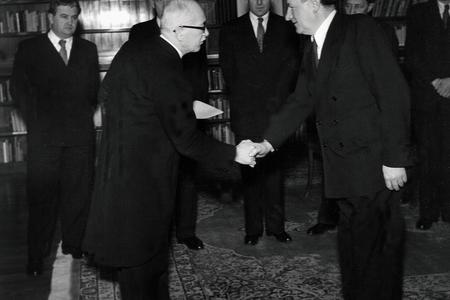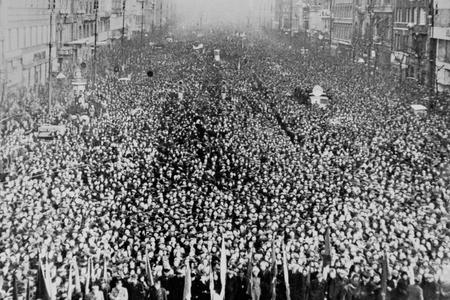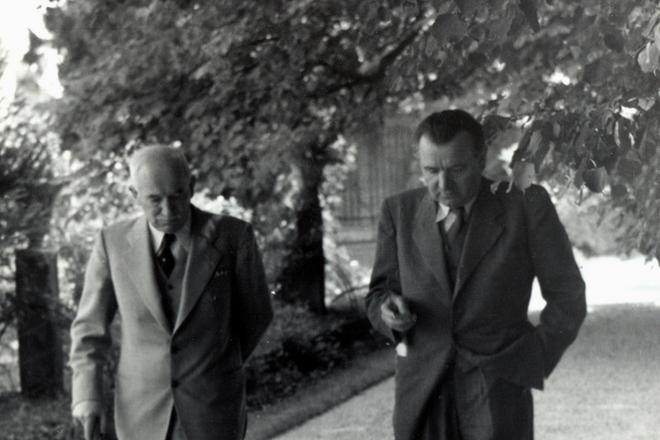To effectively protect democracy and freedom, people should not forget their history, especially its dark side, a group of non-governmental organisations focused on civic education wrote on the occasion of the 70th anniversary of the February 1948 coup d’etat in Czechoslovakia which brought the communists to power.

“This coup thwarted the efforts to renew democracy after the defeat of fascism, and impacted the history of the Czechs and Slovaks in the mid-20th century in a tragic way,” they wrote, adding that the ensuing totalitarian dictatorship in effect installed by an outside force (i.e. the Soviet Union) supported by local collaborators and massive propaganda, placed the country in a state of mass repression (including the imprisonment of political opponents and executions) political and religious oppression and lack of freedom, neglect of human rights and left it lagging behind the democratic world.
The next attempt to loosen the iron grip of totality which took place 20 years later was also suppressed and by the same super-power, the Soviet Union.
Education and remembrance are crucial
Members of the NGO groups, the Institute for Economic and Social Reforms (INEKO), the Centre For European Politics (CEP), the Institute for Public Affairs (IVO), The Nenápadní Hrdinovia (Low-Key Heroes) civic association, research centre of the Slovak Foreign Policy Association (RC SFPA), non-profit organisation, The Collegium of Anton Neuwirth (KAN) and eRko – the Movement of Christian Communities of Children, appeal in their stance via the media to Slovak citizens to continue being interested in the recent past, to learn lessons for the future and to care for democratic values and institutions.

They also call on teachers of history and civic education to focus on the historical circumstances leading to the communist regime, as well as to its consequences, while offering help in organising education programmes and lectures pointing to the tragic sides of the Slovak past, and the lessons to be learnt from them.
“Knowing the past, and bearing in mind the hundreds of thousands of victims of the communist regime in our country,” they wrote, “oblige us to a clear stance: Never more a “Victorious February” of anti-democratic forces and their foreign protectors.”


 In this June 1947 photo, Czechoslovak President Edvard Beneš (L) talks to his future successor, communist leader Klement Gottwald. (source: TASR - Photo reproduction)
In this June 1947 photo, Czechoslovak President Edvard Beneš (L) talks to his future successor, communist leader Klement Gottwald. (source: TASR - Photo reproduction)